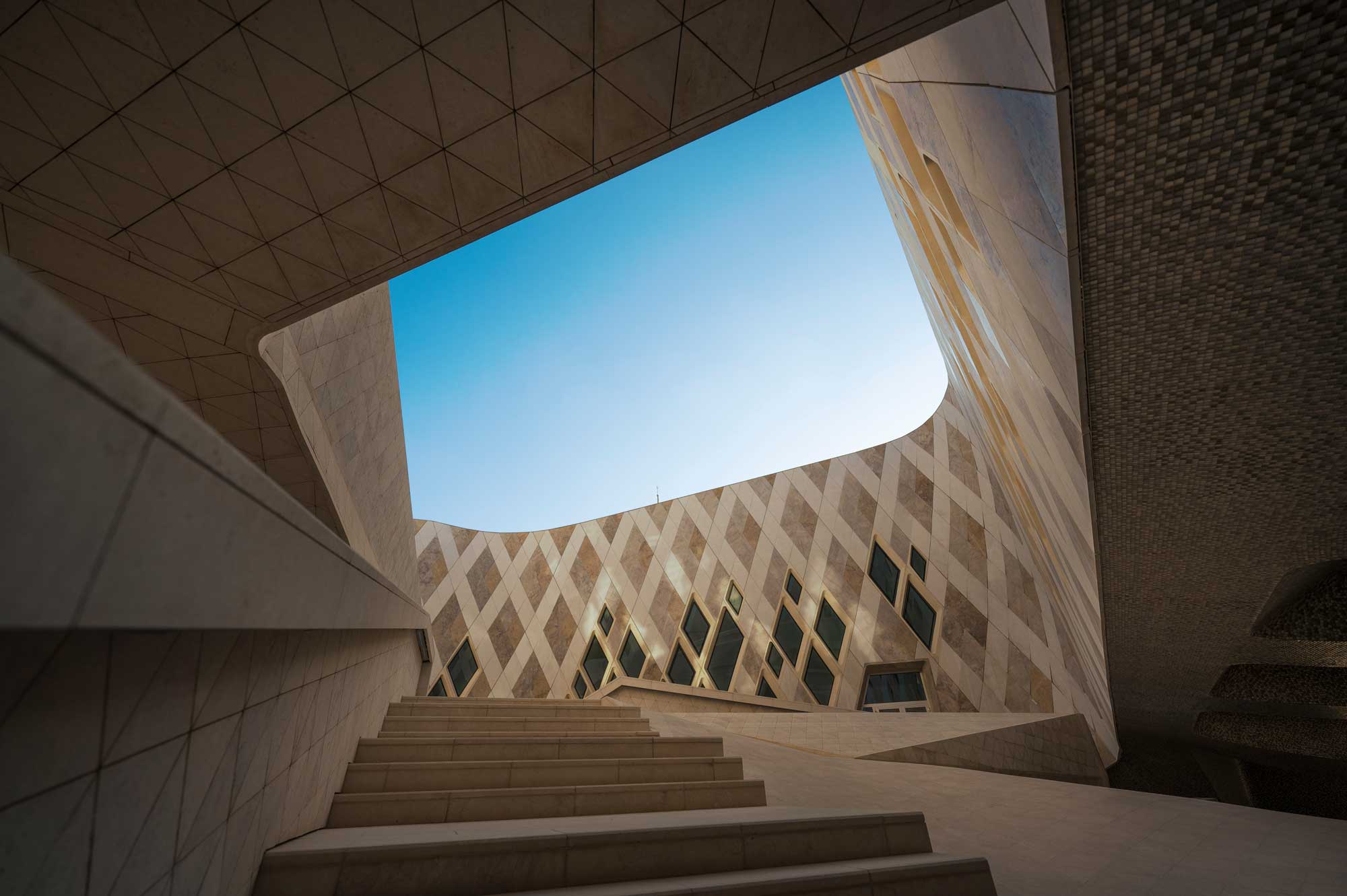In the construction industry, a lead design consultant plays an essential role in transforming client visions into tangible, well-structured realities. Their work is central to ensuring that a construction project is not only aesthetically pleasing but also functional, compliant with regulations, and delivered on time.
Understanding the scope of a lead design consultant’s responsibilities is crucial for anyone involved in construction, whether you are a developer, contractor, or part of the design team.
Who is a Lead Design Consultant?
A lead design consultant is a key player in the construction industry responsible for guiding and overseeing the design aspects of a project. They work closely with clients, architects, engineers, and other consultants to ensure that the design vision aligns with the project's blueprint, regulations, and meets practical construction requirements.
The lead design consultant's scope involves strategic planning, team coordination, detailed design development, and quality assurance, making them crucially essential to the successful delivery of construction projects across diverse sectors. They act as the primary intermediary between the client and the design team, translating the client's vision into actionable designs in an innovative and feasible manner.
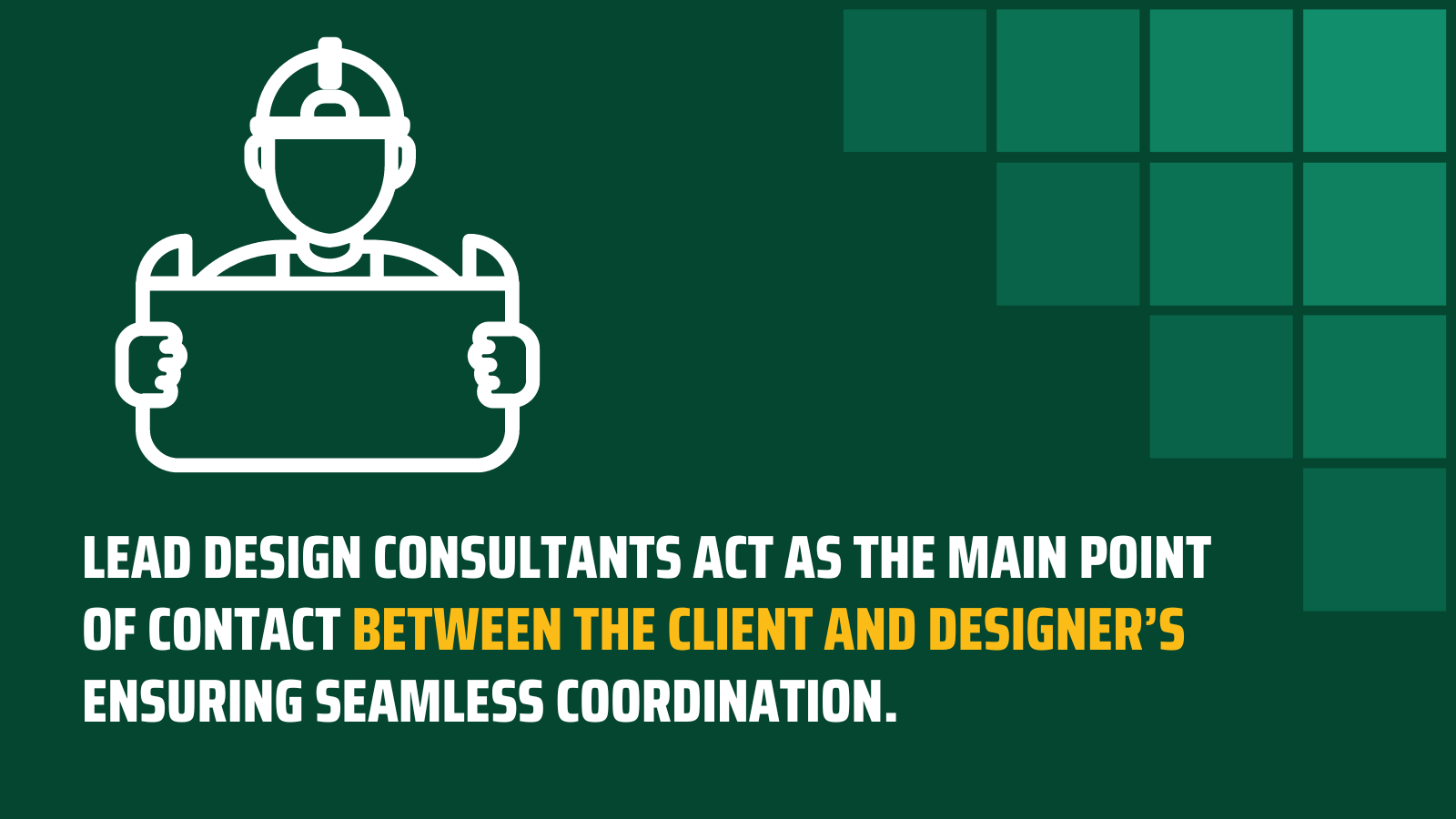
What are the Key Responsibilities of a Lead Design Consultant?
1. Strategic Vision and Project Planning
In construction, the lead design consultant begins by gaining a thorough understanding of the client's objectives, the project’s specific context, and its constraints. This involves a detailed analysis of the construction site, local building regulations, and any environmental considerations.
By doing so, the consultant can develop a strategic design approach that aligns with the client's vision while considering practical construction limitations. This initial planning phase is crucial for laying a solid foundation for a successful construction project.
2. Coordination of Multidisciplinary Teams
Construction projects often require the collaboration of various disciplines, including architects, structural engineers, mechanical and electrical engineers, and other specialist consultants. The lead design consultant is responsible for coordinating these teams, ensuring that their contributions align with the overall design strategy and construction schedules.
This coordination is vital for maintaining consistency in the design, avoiding conflicts, and ensuring that the construction process progresses efficiently and on time.
3. Detailed Design Development
Once the concept design has been agreed upon, the lead design consultant oversees the development of detailed construction designs. This process includes refining architectural plans, selecting construction materials, and ensuring that all designs comply with relevant building codes and standards.
The consultant’s role is to ensure that the designs are not only innovative and visually appealing but also practical, sustainable, and suitable for construction. Attention to detail at this stage can significantly reduce the likelihood of issues arising during the construction phase, leading to smoother project execution.
4. Quality Assurance and Regulatory Compliance
Quality assurance is a critical part of the lead design consultant’s role in construction projects. They are responsible for ensuring that all designs meet the highest standards of quality and adhere to local building regulations and safety standards.
This involves rigorous review processes and regular communication with regulatory bodies. By ensuring compliance, the consultant helps to prevent delays and avoid costly legal challenges, keeping the construction project on track and within budget.
5. Client Communication and Advocacy
Throughout the construction project, the lead design consultant serves as the primary liaison between the client and the design team. This role involves translating the client's vision into actionable construction designs and ensuring that their needs are met at every stage.
Regular communication with the client is essential for maintaining trust and ensuring that the final construction aligns with their expectations. The consultant also advocates for the client’s interests, ensuring that all design and construction decisions reflect their goals and vision.
What are the Benefits of Hiring a Lead Design Consultant in Construction?
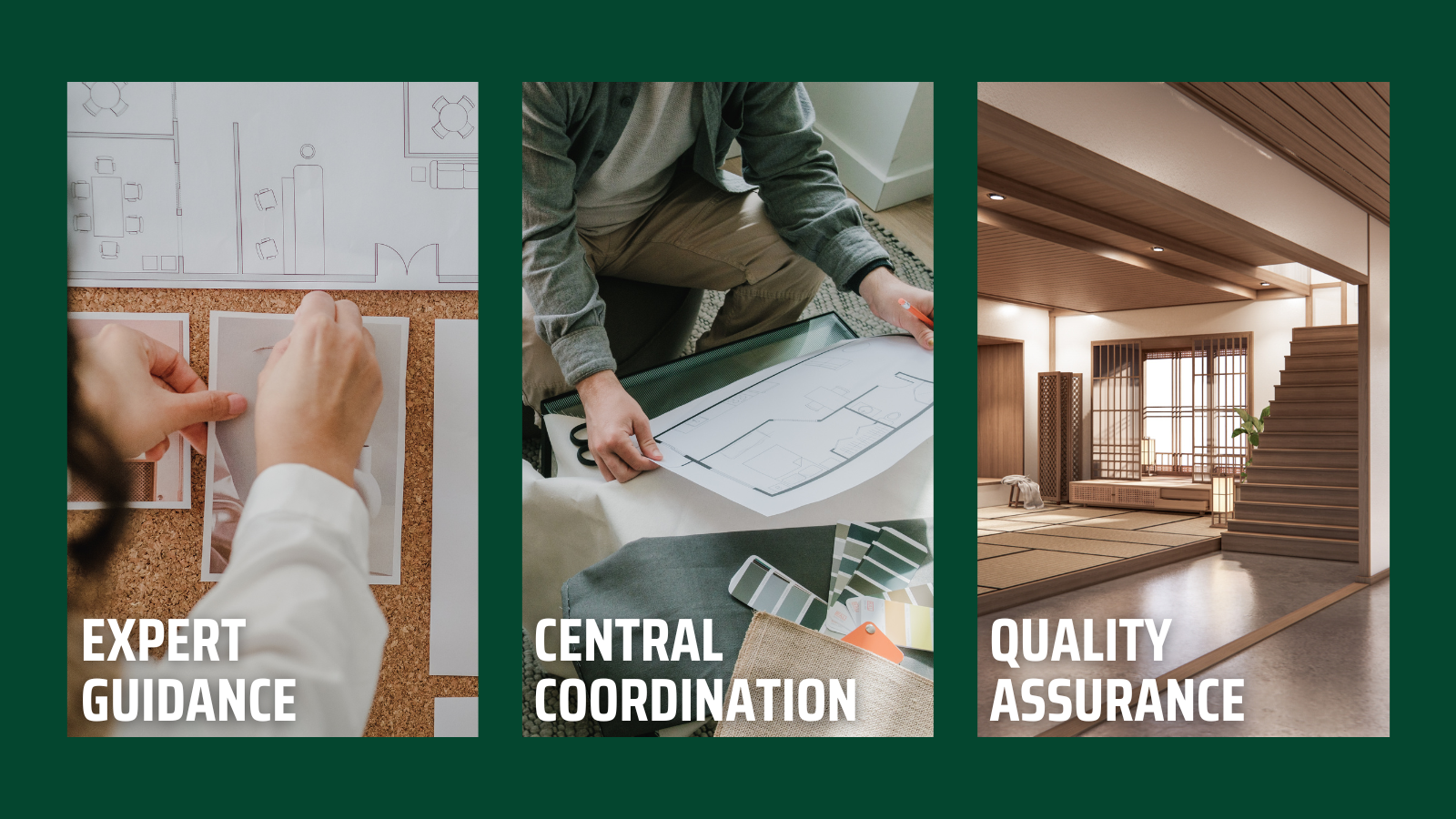
1. They Provide Expert Guidance and Insights Specific to Construction
One of the significant benefits of hiring a lead design consultant in the construction industry is the expert guidance they bring to the table. With their extensive knowledge of construction practices, building codes, and industry trends, they can foresee potential challenges and offer innovative solutions. This expertise helps in making informed decisions that positively impact the construction project's outcome, ensuring that the project is both feasible and visionary.
2. They Help Streamline Construction Processes and Efficiency
A lead design consultant acts as a central coordinator for all design-related activities within a construction project, which streamlines the entire process. By ensuring that all team members, from construction consultants, architects to contractors, are aligned with the project's goals, the consultant reduces the chances of miscommunication and errors. This streamlined process enhances overall efficiency, leading to time and cost savings for the client and smoother project execution on-site.
3. They Enhance Quality and Compliance Standards in Construction
By overseeing the quality assurance process and ensuring strict compliance with building regulations, a lead design consultant plays a crucial role in delivering a high-quality construction project. This focus on quality and compliance not only safeguards the client from potential legal issues but also enhances the overall durability and functionality of the building. The consultant’s involvement ensures that the construction meets the highest standards, contributing to the long-term success of the project.
Why is it Important to Hire a Lead Design Consultant in your Construction Projects?
1. Navigating Complex Construction Projects with Ease
Construction projects, especially large-scale developments, can be complex, involving multiple stakeholders, stringent regulatory requirements, and numerous design challenges. A lead design consultant’s involvement is particularly crucial in large-scale projects where the stakes are higher, and the margin for error is slim.
For example, the King Abdulaziz Centre for World Culture (Ithra) in Dhahran, Saudi Arabia, is a project that presented significant complexities due to its unique architectural design, cultural significance, and the integration of advanced technologies. The building’s shape was inspired by oil-bearing rock formations, with four distinct “pebbles.” By adhering to both the client's vision and the region's cultural and regulatory requirements, the result was a landmark building that has become a symbol of modern Saudi Arabia.
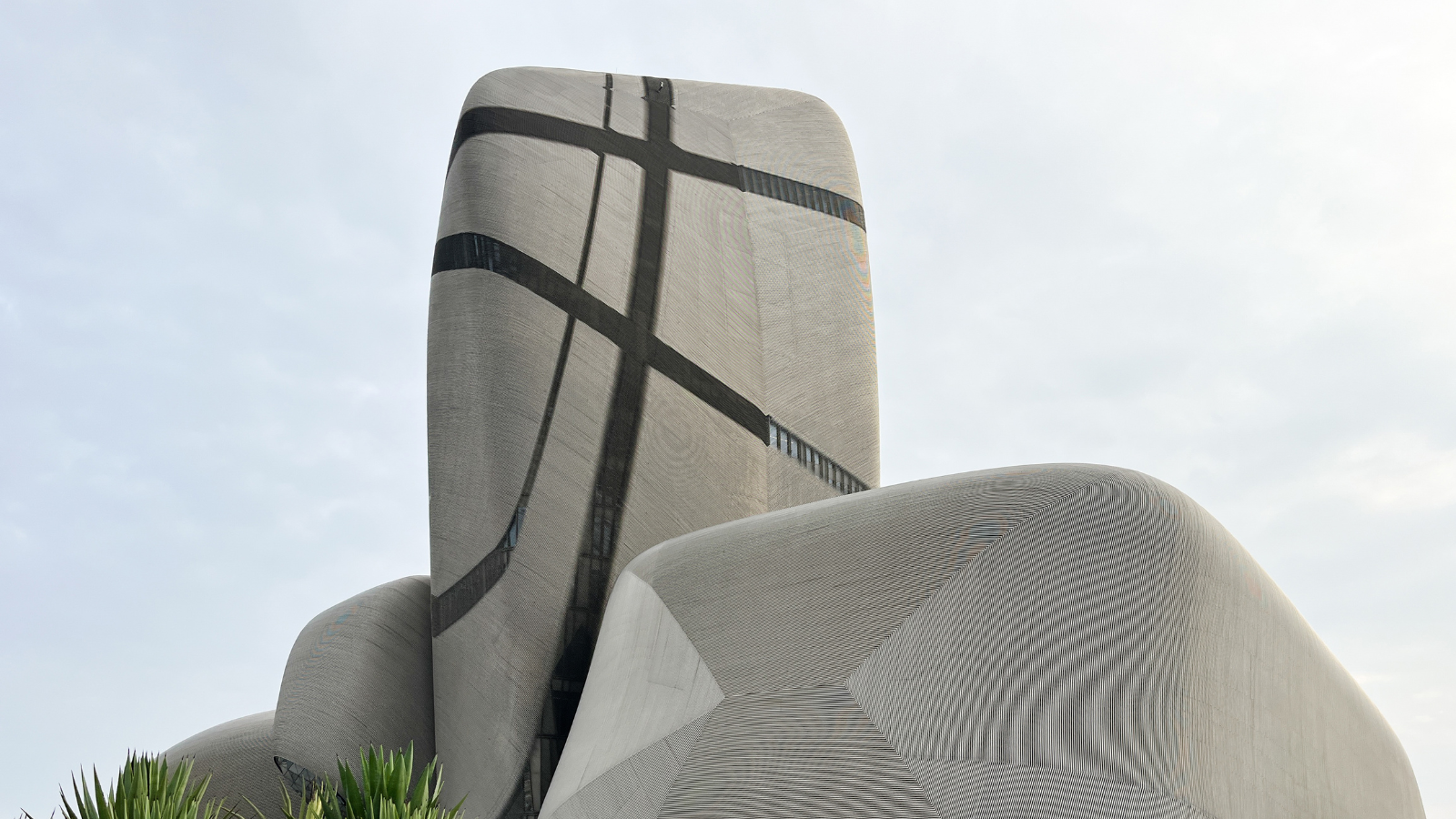
2. Ensuring Alignment with the Client’s Vision Throughout Construction
One of the primary roles of a lead design consultant in construction is to ensure that the project’s design aligns with the client's vision and goals. By acting as the client's advocate, the consultant ensures that every design decision is made with the client's aspirations in mind, from the initial concept to the final construction.
The Louvre Abu Dhabi in the UAE is a project that successfully aligned with the client’s vision of creating a universal museum that reflects the cultural exchange between East and West. The design is integrated with traditional Islamic architecture and modern design principles. This careful alignment resulted in a museum that not only serves as a cultural hub but also enhances Abu Dhabi’s global cultural profile.
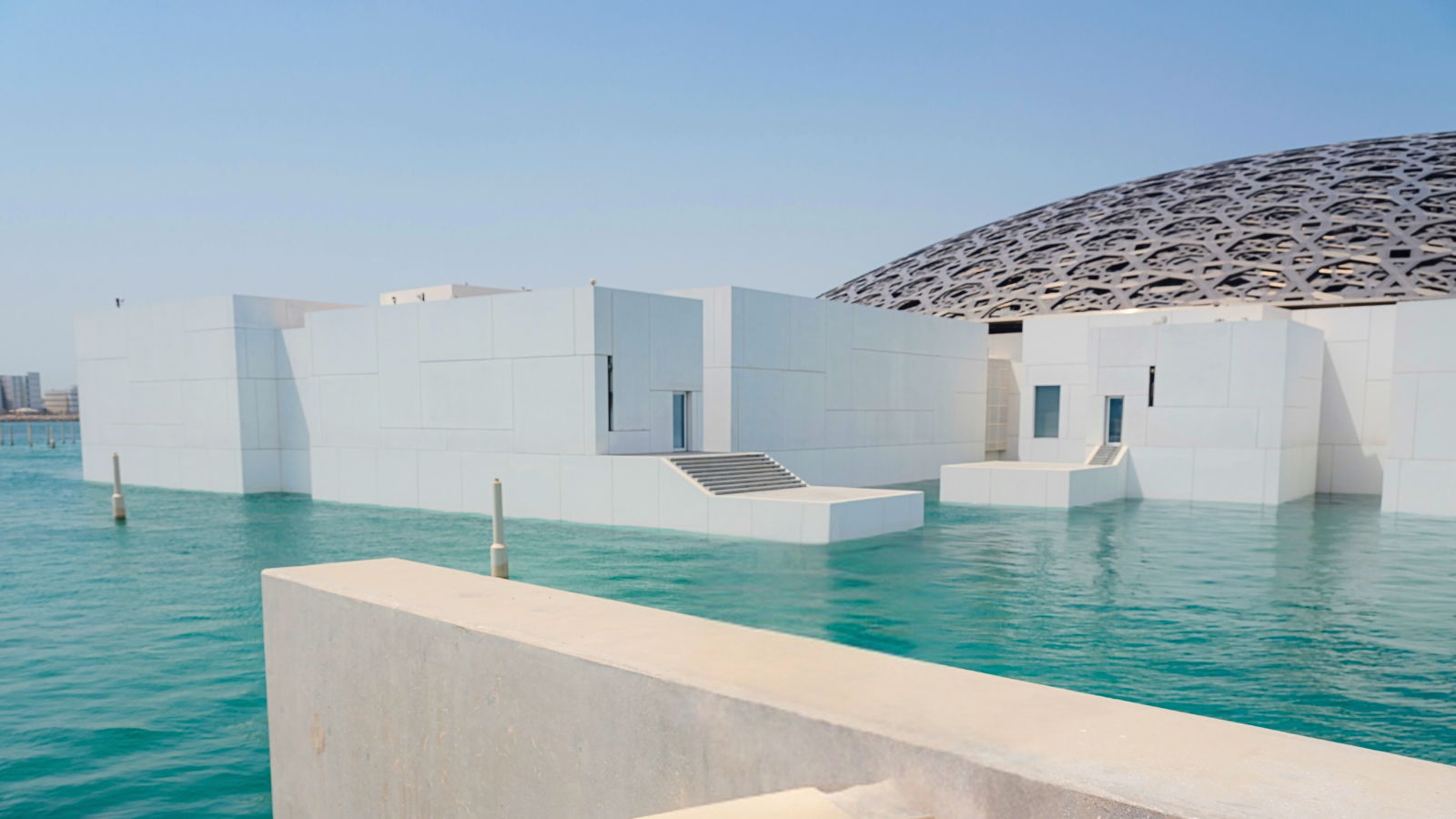
3. Risk Management and Mitigation in Construction
Every project inherently involve risks, from cost management protocols, budget overruns to delays and design flaws. A lead design consultant plays a critical role in identifying and mitigating these risks. Their proactive approach to risk management helps in avoiding potential pitfalls, ensuring that the construction project is completed on time, within budget, and to the desired quality standards. Their involvement significantly reduces the likelihood of unexpected challenges derailing the project.
The development of the Burj Khalifa in Dubai highlighted the importance of risk management due to the building’s unprecedented height, complex engineering requirements, and the extreme environmental conditions of the region. The project involved extensive wind tunnel testing, material testing for durability in the harsh climate, and advanced construction techniques. This proactive approach to risk management ensured that the Burj Khalifa was completed safely and has stood as the world’s tallest building since its completion.

Conclusion
In the construction industry, the role of a lead design consultant is indispensable. Their expertise in strategic planning, team coordination, detailed design, quality assurance, and client advocacy ensures that a construction project is delivered on time, on budget, and to the highest possible standards. For clients, working with a lead design consultant is a pathway to unlocking the full potential of their construction project, turning a vision into a reality that is both inspiring and practical.
About Us
At Stonehaven, we specialise in providing exceptional lead design consultant services tailored specifically for the construction industry. Our team of experts is dedicated to delivering visionary designs that captivate and inspire, while ensuring compliance with all regulatory standards. Whether you're planning a new build or looking to refurbish an existing property, our strategic approach will unlock the potential of your construction project.
Unlock the potential of your construction project with Stonehaven's lead design consultancy services. Visit www.stonehaven.ae to discover how our bespoke design services can bring your vision to life.







